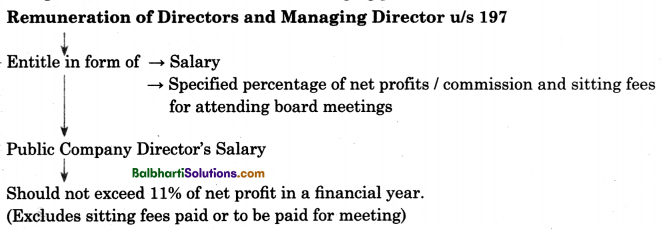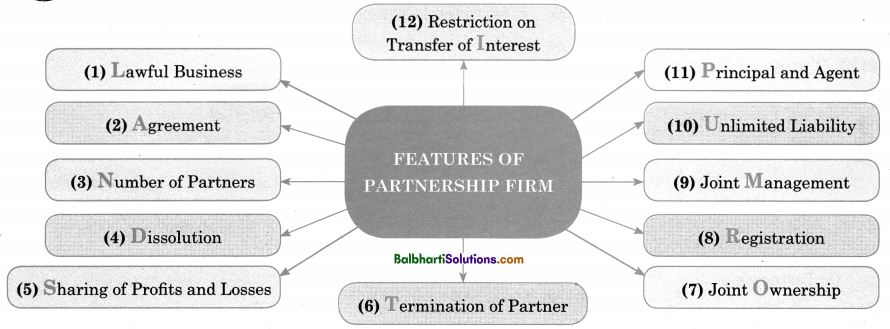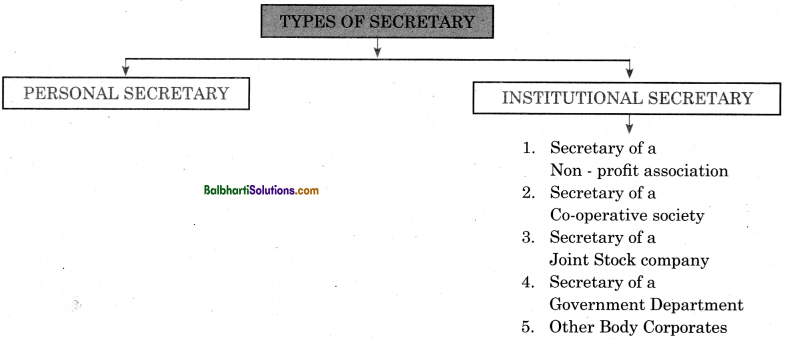By going through these Maharashtra State Board Secretarial Practice 12th Commerce Notes Chapter 5 Deposits students can recall all the concepts quickly.
Maharashtra State Board Class 12 Secretarial Practice Notes Chapter 5 Deposits
→ Company can raise funds by accepting deposits from public. It is a cheap source to raise funds. There is no dilution of control.

→ Company can invite deposits:

→ Deposit can be secured or unsecured. For secured deposits, a charge on company’s tangible assets are created
![]()
Period / Tenure of Deposit-
- Minimum 6 months, maximum 36 months.
- Premature repayment – after minimum 3 months.
- Company can also renew deposit with same terms and conditions of issue.
- Company cannot accept deposits repayable on demand made by depositor.
→ Deposit Receipt has to be issued within 21 days from date of receipt of deposit money.
Deposit Trustee-
- Appointed when secured deposits are issued.
- The company can appoint one or more Deposit Trustees.
- Protect the interest of depositors.
Trust Deed-
- Company signs a contract with Deposit Trustees.
- Contains terms and conditions of the contract.
- Must be signed at least 7 days before issuing the circular or advertisement.
→ If Deposit Amount + Interest is more than Rs. 20,000, then Deposit Insurance must be taken.
Deposit Repayment Reserve Account-
- Opened in Scheduled Bank.
- On or before 30th April, the company deposits up to 15% amount in DRRA.
- used for repaying deposits.
- Private companies accepting deposits from members cannot open Deposit Repayment Reserve Account.


































